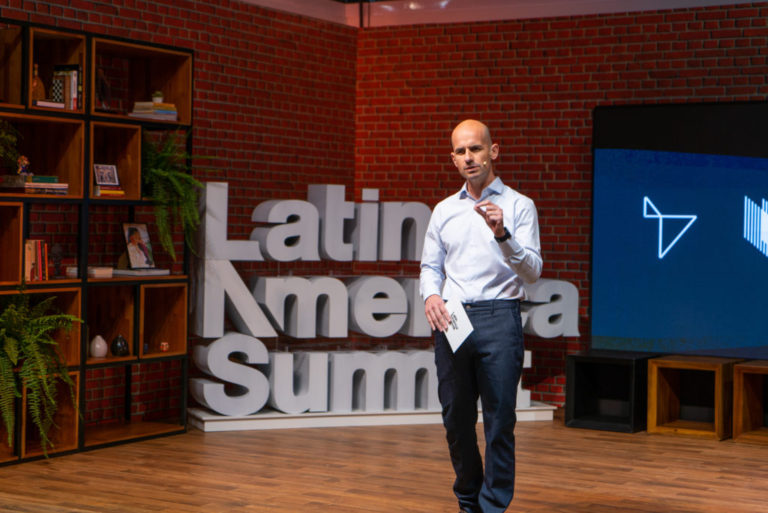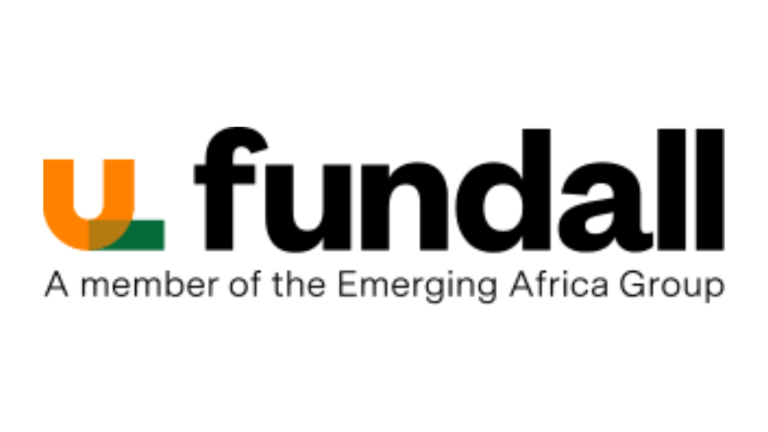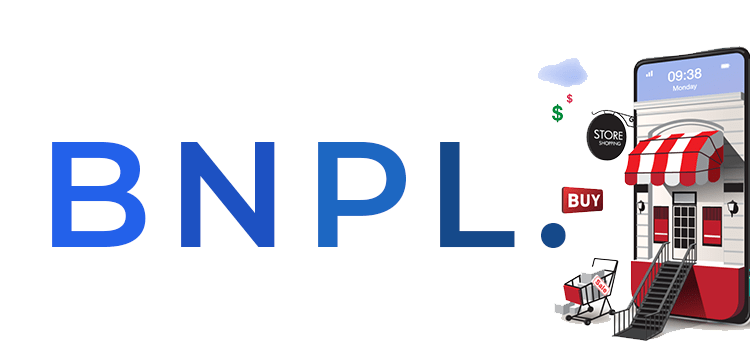Lendsqr is building a one-stop shop for lending in Africa

The difficulties in Africa’s financial sector open up a plethora of opportunities. When one financial service issue is resolved, other layers reveal more issues to be resolved, much like a giant onion bulb.
People were hurt by ridiculous bank charges when businesses found it difficult to receive payments online, but fintech companies came to the rescue.
Financial inclusion has improved significantly in recent years. Nigeria’s banked adult population, for example, has increased from 36 million in 2016 to 47.7 million in 2020. According to the Nigeria Inter-Bank Settlement System (NIBSS), the number of Nigerian bank account holders is 53 million as of March 13, 2022.
However, the vast majority of Nigeria’s financial inclusion growth has come from savings and payments, leaving a significant gap in credit and insurance.
Adedeji Olowe, Trustee of Open Banking Nigeria, believes that increasing credit access is a more secure way of increasing financial inclusion in Africa. In order to achieve his goal of democratizing banking in Nigeria, he is currently developing Lendsqr, a startup that will create large-scale lending infrastructure in Africa.
“I believe that without an evolving middle-class, we may never emerge from our national quagmire.” However, without credit to help people stand on their feet, the middle class would not emerge.”

Olowe, who has over two decades of experience in banking, credit, technology, and venture capital, got his start in lending during a two-year stint (2006–2008) at First City Monument Bank (FCMB), one of Nigeria’s largest banks, where he built a lending system.
Olowe, who serves on the boards of Sparkle and Paystack, has extensive experience in the Nigerian financial sector, having previously served as the chairman of TeamApt.
Olowe is currently establishing himself as Africa’s Open Banking leader, and our Senior Reporter, Oluwanifemi, took a look behind the scenes of his impressive LinkedIn profile. Building any lending solution is difficult, but what the fintech tycoon has in store for Lendsqr is an entirely different beast.
The obstinate onion bulb
Nigeria’s lending market could be compared to the difficult parts of an onion bulb that are difficult to peel. Credit is difficult to obtain in Nigeria, and for good reason.

According to the 2021 Enhancing Financial Innovation and Access (EFInA) report, only 3% of Nigeria’s 106 million adults had access to credit from a regulated financial institution in 2020.
Such a low percentage indicates a significant gap, and according to Lendqr’s analysis, the credit market in Nigeria alone is worth 72 trillion ($173.5 billion).
Traditional financial institutions, you’d think, would jump at the chance. Apparently not, and with reason.
Most African financial institutions will only lend to the most creditworthy borrowers, such as governments, large corporations, and high-net-worth individuals. The situation is different for small businesses and regular people.
“Small firms and individuals borrow at high rates because lenders lack information on their credit behaviors,” said Juma Reli, Deputy Governor of the Bank of Tanzania, at the launch of the country’s official databank.
Several digital lending platforms have emerged in Nigeria in recent years, but based on current events, the vast majority are operating illegally and unethically. The few that are legal are constantly dealing with loan defaulters.
In 2009, only 15 million Kenyans had credit, but that number increased by 7.2 million over the next seven years.
Loan defaulters and rogue lenders, on the other hand, are on the rise.
Overall, Olowe believes it is difficult to blame institutional lenders. The average Nigerian’s credit score has not improved significantly, as evidenced by the low lending percentage.
“Then the light bulb went off: what if tech and data were combined and made cheaply available to enable lenders to lend securely and responsibly?” Wouldn’t that cause lenders to grow? Wouldn’t this discourage chronic debtors and prevent them from abusing credit?
“Wouldn’t that compel institutional investors to make funds available to lenders?” Wouldn’t lenders be able to reach Africans in need through BNPL?” Olowe inquires.
Offering a solution
To address lending issues, Lendsqr provides small to medium-sized lenders with a comprehensive technology and data stack to lend to customers at scale using best-of-breed decision engines, payment system integration, and data for quality decisions.
Shopify, a Canadian tech giant, is an excellent example of a startup’s value proposition. Retailers can use the platform to create and manage their online stores. If you want to sell something online, Shopify will create your website for you and allow you to customize the platform to attract customers.
Similarly, Lendsqr provides a platform for any company that wants to get into the lending game.
“Our stack contains everything a lender requires to lend.” And they can register and issue their first loan in five minutes, thanks to one of Nigeria’s largest credit data repositories. “Everything is free.”
In this context, data on a company or an individual is essential for any lending decision. Your employment history, income level, and debt-to-income ratio all play a role. There are hundreds of data variables to choose from behind the scenes.
Olowe explains that this data comes from existing Lendsqr lenders as well as other established lenders, whom he prefers to remain anonymous for the time being. Lendsqr has also been integrated with the CRC Credit Bureau and Credit Registry.
Remember that in 2020, a former OKash CEO founded Blacklist, a platform that allows small digital lenders to access data on Nigerian borrowers.
Darlington Onyeagoro, the Blacklist’s creator and current CEO of Aladdin, a digital bank, argued that such a platform would provide little escape for serial defaulters.
On the other hand, lenders can benefit from such a platform in making decisions.
“We intend to use this data to expand credit to the underbanked.” “We also enable our lenders to reach their customers through our Web app, Android app, iOS app, and Web SDK,” Olowe explains.
Lendsqr has painstakingly assembled a team of engineers and data experts with credit and technology experience in Nigeria. However, there are competitors with comparable value propositions.
Evolve Credit launched as a marketplace for borrowers to review and select the best lenders to borrow from in 2020. Since its inception, it has evolved into a platform that provides a cloud-based solution for prospective lenders. It claims to assist them in setting up in 24 hours.
Originate, Indicina’s product, assists lenders in digitizing identity verification, credit decision/analytics, and disbursements and collections.
Though initially offering features similar to the other two, Creditclan has shifted its focus to assisting the process for buy now, pay later (BNPL) companies, a growing phenomenon in the eCommerce space.
Surprisingly, Lendsqr claims that its customers can begin lending in five minutes with pre-configured products and domain names.
“Our setup and user onboarding costs are as low as zero (0).” “Our decision engine is very smart, with over 300 data variables available for lenders to tweak as they see fit, but we provide them with simple start configurations to begin with,” Olowe writes.
“Unlike credit bureaus and others, we only charge for our APIs if and only if data is found.”
Solutions can be heartbreaking
Lendsqr’s aggressive approach undoubtedly has a cost. Few people can brag about not crying while peeling an onion or attempting to build a startup.
How does Lendsqr make money if there are no setup or user onboarding costs? The answer appears to be in playing a long game a la Amazon.
“The core of our revenue model is charging a fee when we assist lenders with loan collection.” And there is an alignment — we do not charge them first — our bread is not buttered before theirs,” Olowe insists.
Given this, any astute observer can predict that Lendsqr will aggressively pursue growth and attempt to corner the lending market. So far, it has amassed a sizable user base.
According to the CEO, Lendsqr already has over 100 lenders providing credit to nearly half a million users.
“After two years, lendsqr will be profitable.” “We follow the Amazon model — amazing technology and data play at rock-bottom pricing,” Olowe says, emphasizing Jeff Bezos’ famous words, “Your margin is my opportunity.”
When developing products for the African market, it is necessary to consider its unique characteristics. Consider the difficulties in establishing a lending infrastructure.
“In Africa, the cost of underwriting is high, putting lenders in a bind.” The technology is prohibitively expensive to develop. Or the cost of data (credit bureau and statement) is so high that small ticket loans are ruined.”
To navigate the space, Olowe and his team at Lendsqr had to rely on their wealth of experience and network.
“We’ve had to work with a variety of data providers, credit bureaus, and others.” We successfully argued cases for cheaper and scalable lending with partners in this journey such as CRC and Mono.”
However, these were only a few of the victories, as Lendsqr was forced to withdraw from some data providers due to unnecessarily high usage costs.
The rewards at the end
Few people remember the tear-filled eyes of the onion-slicing cook when they eat a well-prepared meal. The same is true for the creator of a unicorn. Olowe is adamant that Lendsqr is tailored to the market’s reality, despite a financial sector rife with lending-averse financial institutions.
“We are a weighing scale company.” We understand that the types of lenders we serve are extremely price sensitive, and we offer value propositions that are unrivaled in Africa.”
According to Olowe, Lendsqr uses its scale to pass on cost savings to lenders, resulting in cheaper loans for Africans and Nigerians.
So far, Lendsqr’s approach has won over investors, as the company has closed an undisclosed pre-seed round. Lendsqr is about to get some major upgrades as a result of this.
“Within four months, our lenders would have access to native mobile SDKs that would enable them to lend even to the mass market, using their phone data for free rather than paying more than $0.5 (250) as many lendtech providers do.”
The startup also intends to reach customers at their point of need by focusing on BNPL players from various industries.
Aside from technology, it intends to connect lenders with capital providers in order to help them scale their lending.
Olowe’s words perfectly capture Lendsqr’s immediate vision:
“Within 18 months, 1 in 4 consumer credit in Nigeria would be originated by Lendsqr lenders or Lendsqr would have provided data comfort to other lenders.”
To fully grasp the significance of Lendsqr’s growth, consider recent funding trends for BNPL startups, credit-led neobanks, and innovative companies like Indicina and Evolve Credit operating in the space. All else being equal, Africa’s lending scene appears to be on the verge of exploding.







